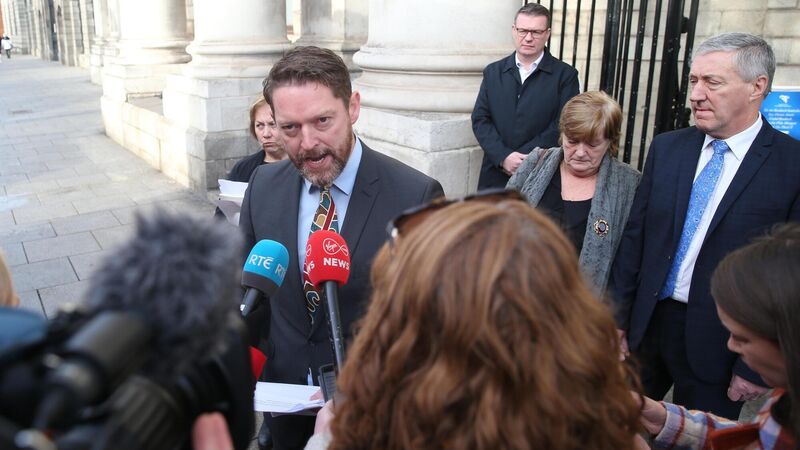Daniel McConnell: Varadkar needs to deliver change to a broken system

Stephen Teap outside the High court in Dublin. The HSE and two US laboratories have admitted liability in the case of mother-of-two Irene Teap who died after being diagnosed with cervical cancer.
Fine Gael held its annual Christmas drinks for the media in Dublin on Wednesday night.
These events can be awkward affairs as the minister or senior TD who you have turned over recently will be in close proximity and tensions from time to time can boil over.















